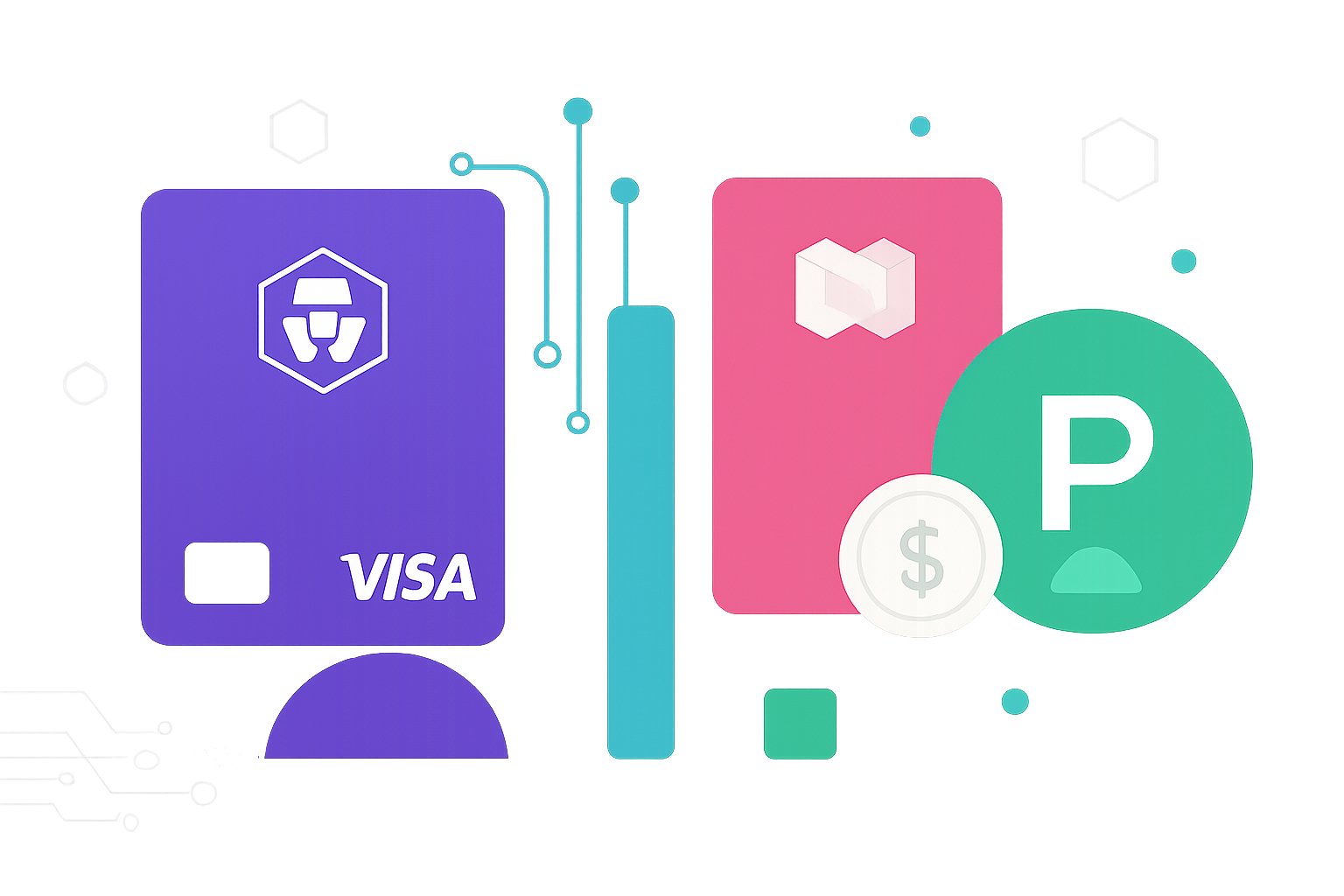
Crypto rewards cards have evolved beyond simple cashback, now offering users the chance to earn governance tokens that unlock real influence in major DeFi protocols. In 2024, a handful of standout cards empower users to accumulate tokens like CRO, NEXO, PLU, DFI, and MKR with every transaction, bridging everyday spending with decentralized governance. For investors and DeFi enthusiasts, these cards are more than just spending tools – they’re a direct onramp to shaping the future of crypto platforms.
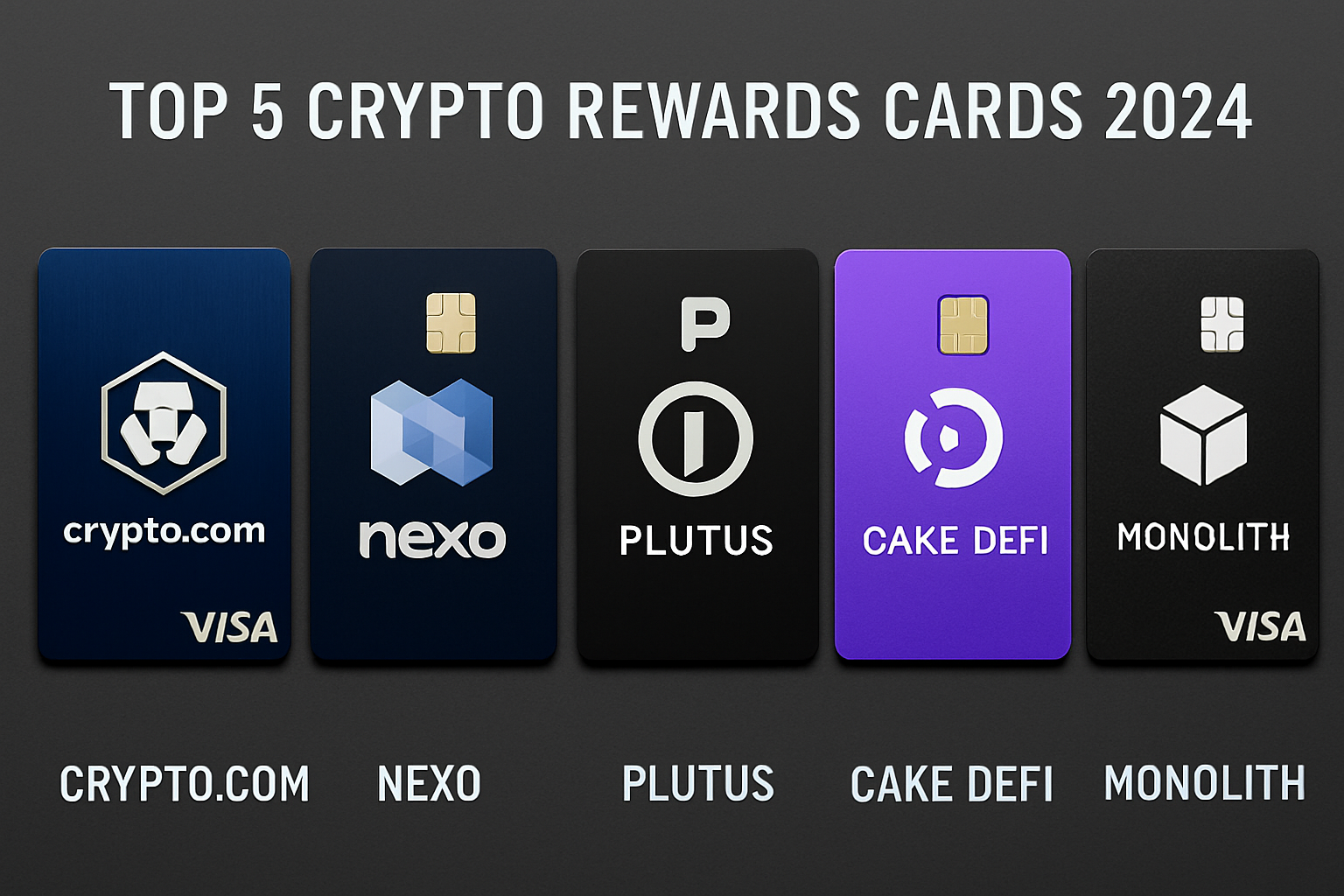
Why Choose Crypto Rewards Cards for Governance Tokens?
Governance tokens grant holders voting power over protocol upgrades, fee structures, and ecosystem grants. Unlike generic crypto cashback, these rewards offer a stake in the protocol’s direction, making them highly attractive for users who want both passive income and a voice in DeFi projects. As the market matures, the best crypto rewards cards for governance tokens combine strong reward rates, flexible redemption, and seamless integration with DeFi governance systems.
Let’s break down the leading options for 2024 and what sets each apart.
1. Crypto. com Visa Card: CRO Rewards With Tiered Governance Perks
The Crypto. com Visa Card remains a top choice for earning governance token rewards. Users earn between 1.5% and 8% cashback in Cronos (CRO) on all purchases. The more CRO you stake, the higher your reward tier and access to exclusive perks like Spotify and Netflix rebates. Crucially, holding CRO provides direct voting rights within the Cronos ecosystem. This means cardholders can participate in community proposals and network upgrades – a tangible advantage for those invested in the protocol’s future.
The tiered structure incentivizes long-term engagement. For those willing to lock up more CRO, the upside is not just greater rewards but also a stronger voice in Cronos governance. It’s a pragmatic choice for users who want both yield and influence.
2. Nexo Card: NEXO Token Cashback and Platform Voting Rights
The Nexo Card offers up to 2% cashback in NEXO tokens on all purchases. What sets it apart is seamless integration with Nexo’s lending platform and the ability for NEXO holders to vote on key platform decisions – from new asset listings to interest rate adjustments. This dual utility makes the Nexo Card a powerful tool for users already embedded in the Nexo ecosystem or those looking to participate in platform governance without sacrificing liquidity.
With no annual fees and instant crypto-to-fiat conversion, the Nexo Card balances practical spending needs with meaningful DeFi participation. For a deeper dive into maximizing NEXO rewards and governance opportunities, see our dedicated comparison at Best Crypto Rewards Cards With Governance Token Payouts in 2024.
3. Plutus Card: PLU Governance Token Rewards and DAO Voting
The Plutus Visa Card delivers up to 3% cashback paid in Pluton (PLU), a governance token that grants voting rights within the Plutus DAO. Cardholders not only earn PLU on everyday purchases but also gain influence over major platform decisions such as feature rollouts and fee structures. Plutus stands out for its customizable perks – users can select monthly subscriptions or yield boosters as part of their rewards package.
This flexibility makes Plutus a smart pick for users who want both practical benefits and a say in platform evolution. The ability to directly impact Plutus DAO proposals gives every purchase added significance beyond simple cashback.
Top Crypto Rewards Cards for Governance Tokens (2024)
-
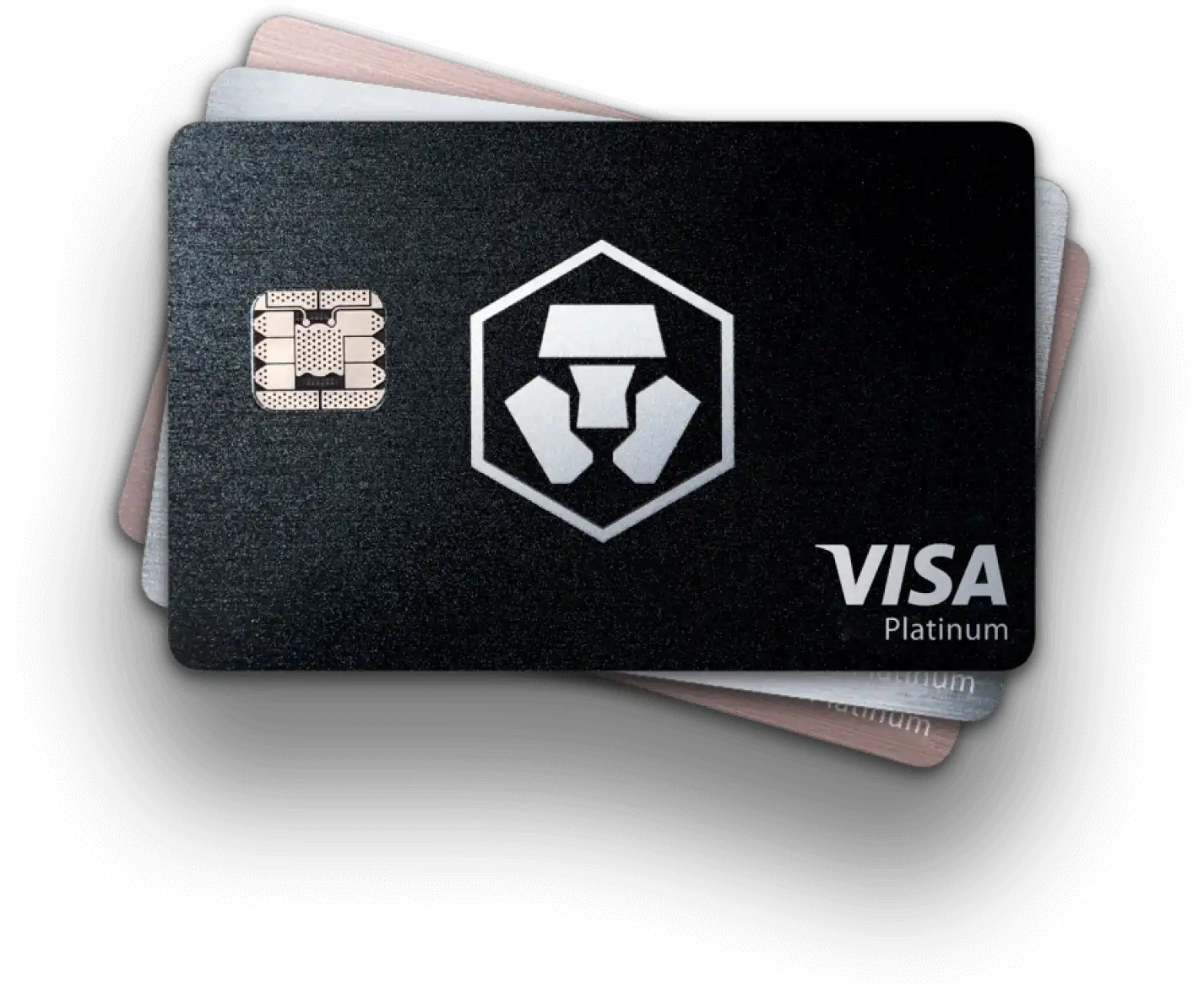
Crypto.com Visa Card (CRO Rewards): Earn 1.5%–8% cashback in Cronos (CRO) tokens on every purchase, with reward rates depending on your CRO staking tier. CRO tokens grant voting rights in the Cronos ecosystem, enabling cardholders to participate in network governance. Perks include Spotify/Netflix rebates and airport lounge access for higher tiers.
-
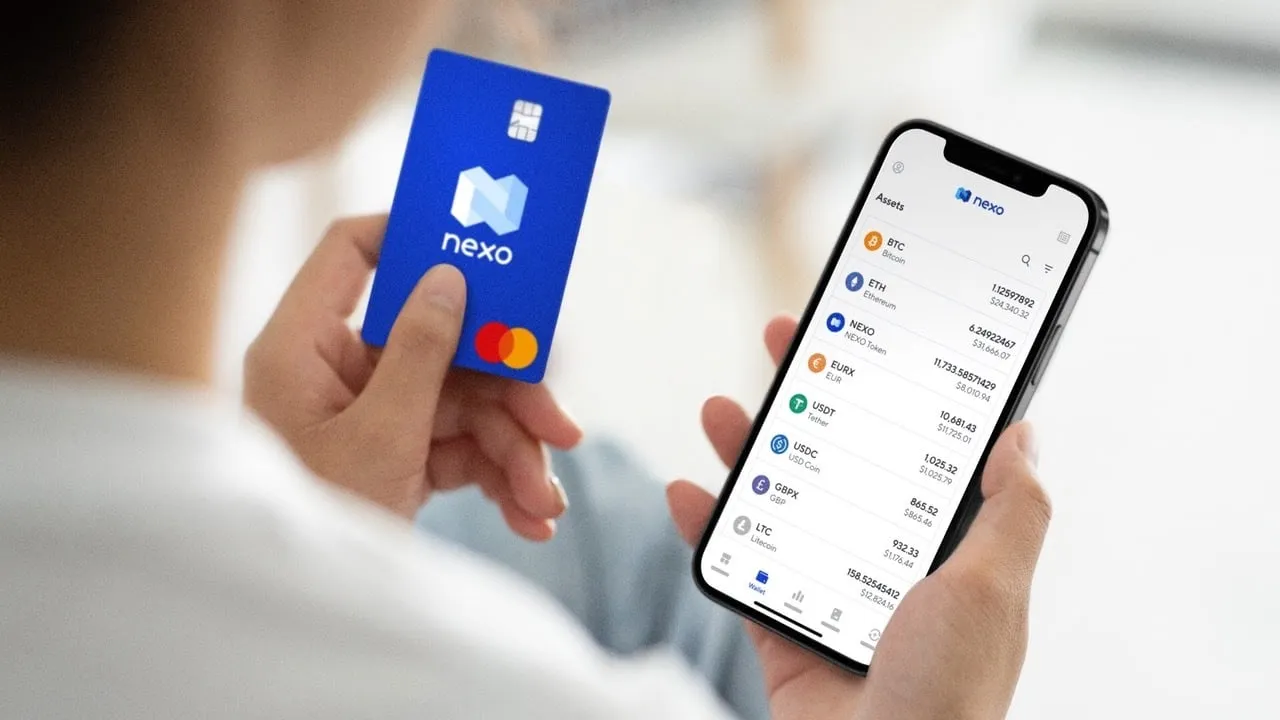
Nexo Card (NEXO Token Cashback): Receive up to 2% cashback in NEXO tokens on all spending. NEXO tokens offer governance voting power over platform decisions, such as asset listings and interest rates. The card integrates with Nexo’s lending platform, letting users earn rewards while maintaining their crypto holdings.
-
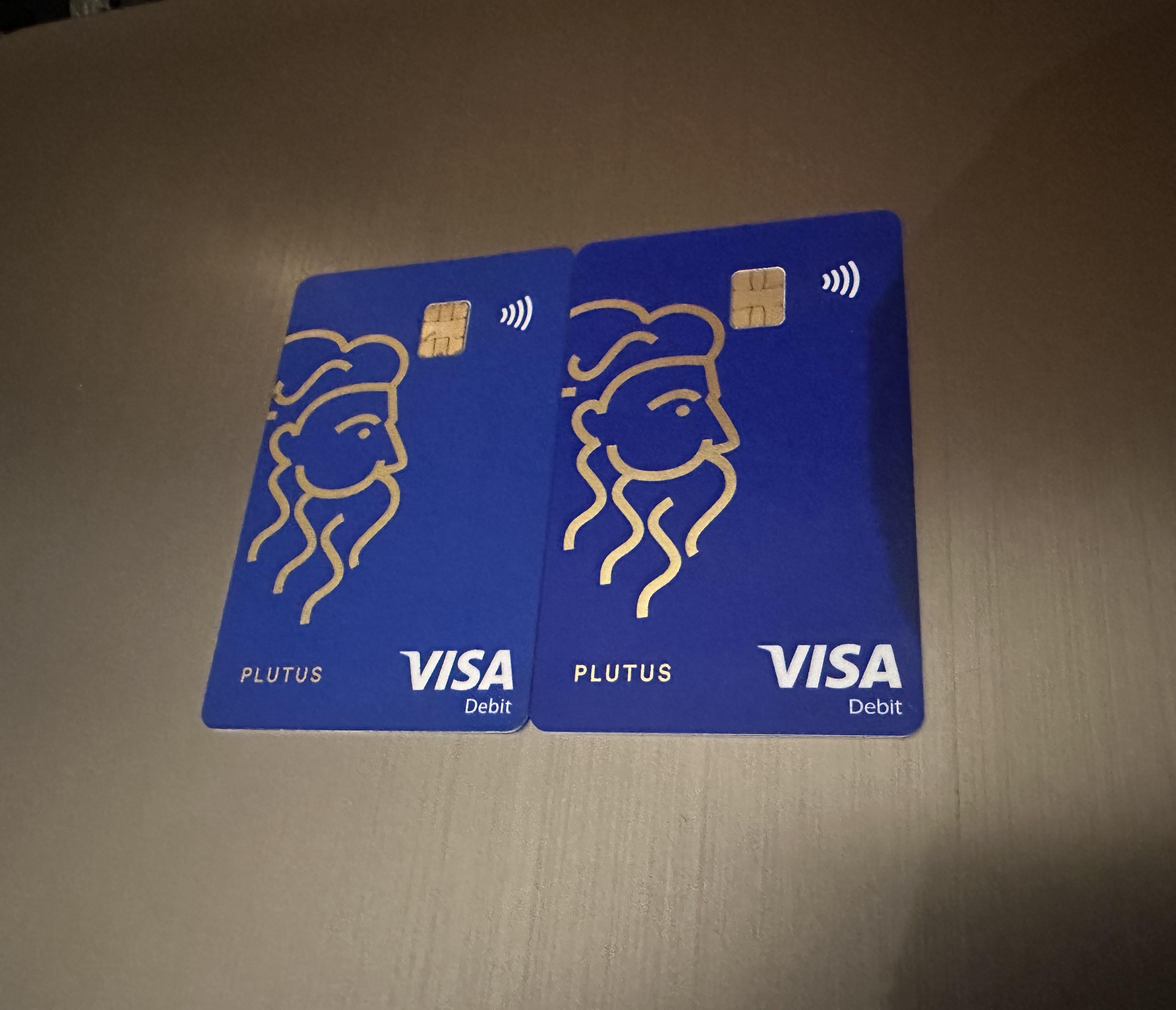
Plutus Card (PLU Governance Token Rewards): Get up to 3% cashback in Pluton (PLU) tokens per transaction. PLU tokens grant voting rights in the Plutus DAO, empowering users to influence platform features and fee structures. Cardholders can also select customizable perks, like monthly subscription rebates.
-
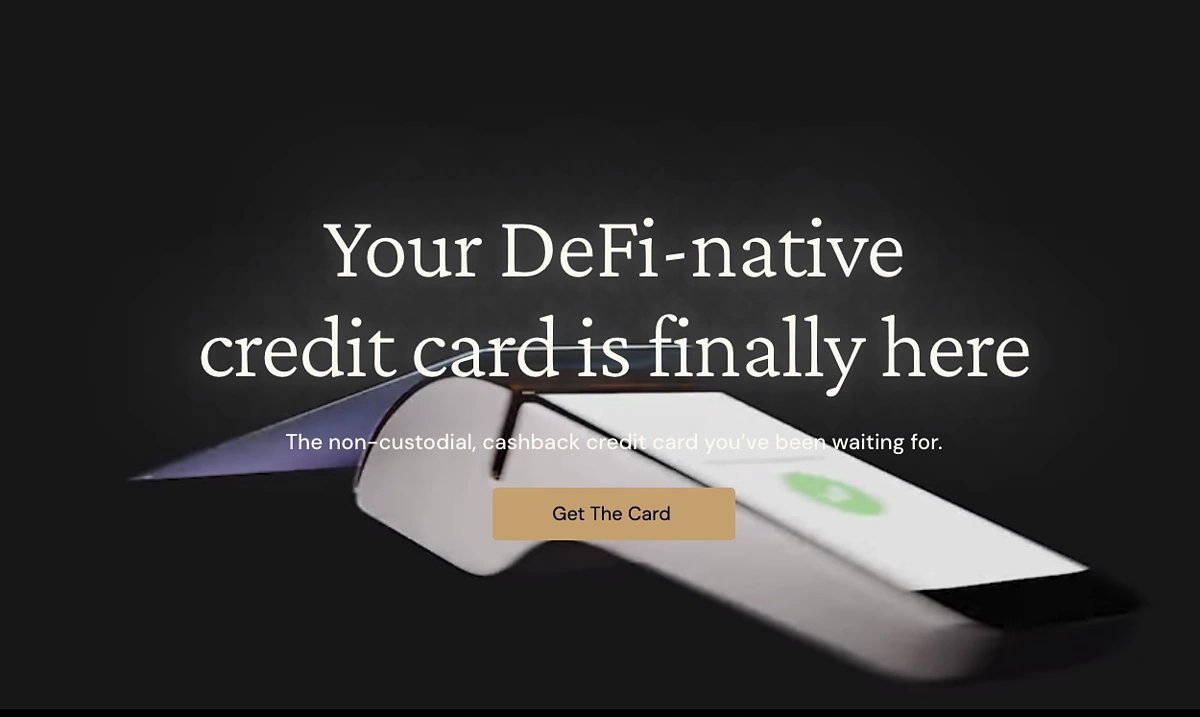
Cake DeFi Card (DFI Token Rewards): Earn rewards in DFI tokens on everyday purchases. DFI tokens are central to the DeFiChain ecosystem, enabling participation in governance and staking. The Cake DeFi Card seamlessly connects with the Cake DeFi platform for easy management of rewards and assets.
-
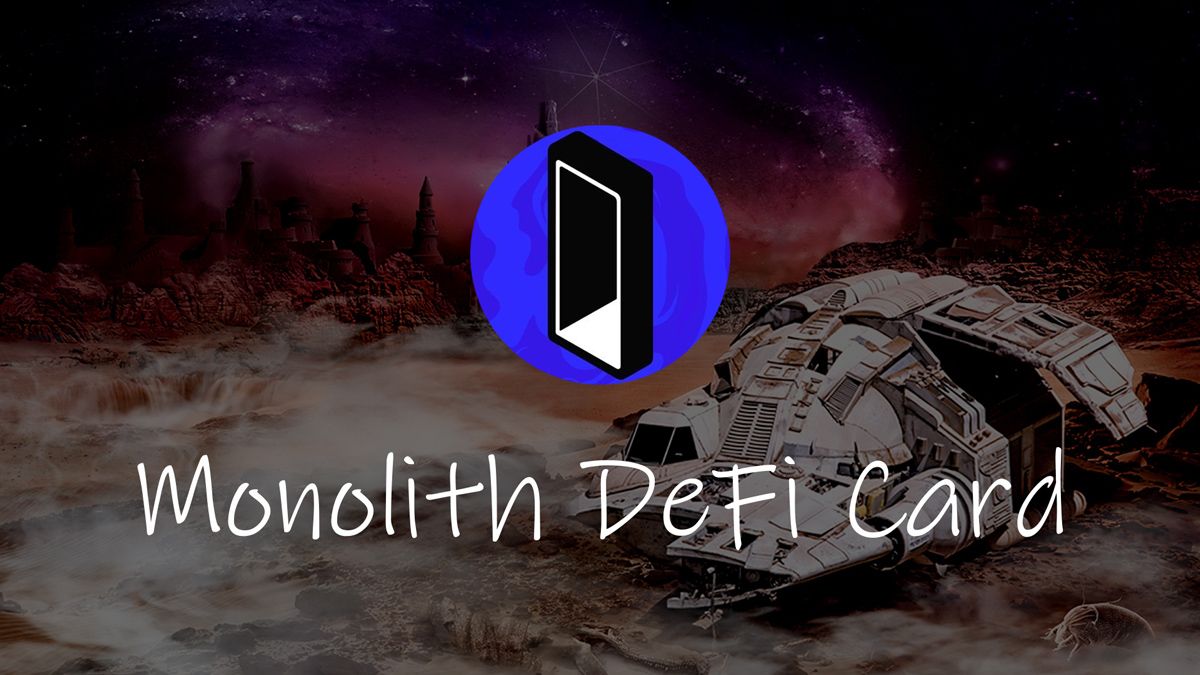
Monolith Visa Debit Card (MKR & DAI Rewards via Token Swaps): Spend directly from your Ethereum wallet and earn Maker (MKR) or DAI as cashback rewards. Both MKR and DAI are governance tokens—MKR for MakerDAO, DAI for protocol proposals—allowing users to shape DeFi development. The card is non-custodial, ensuring user control over funds.
4. Cake DeFi Card: DFI Token Rewards for DeFi Participation
The Cake DeFi Card introduces a new dimension to crypto card rewards by offering DFI token payouts. DFI serves as the governance token for the Cake DeFi platform, enabling holders to vote on protocol upgrades and community initiatives. The card is designed for active DeFi users who want their spending to translate into both yield and protocol influence. Reward rates are competitive, and DFI can be staked or used within the Cake DeFi ecosystem for additional returns.
For those who want a direct link between daily expenses and active participation in DeFi governance, Cake DeFi Card is a compelling option.
5. Monolith Visa Debit Card: MKR and DAI Rewards via Token Swaps
Monolith stands out as a non-custodial Visa debit card linked directly to an Ethereum wallet. Users can spend from their DAI or ETH balances and receive cashback rewards in MKR (MakerDAO’s governance token) or DAI through integrated token swaps. Both MKR and DAI play pivotal roles in decentralized finance – MKR holders vote on critical MakerDAO proposals while DAI offers stablecoin flexibility.
This approach appeals to users who value self-custody and want exposure to Ethereum-based governance tokens without relying on centralized platforms.
If you’re comparing options or want more detail on how these cards stack up side by side, check out our comprehensive guide at Top Crypto Rewards Cards Offering Governance Token Rewards in 2024.
Choosing between these top crypto rewards cards depends on your priorities: Are you seeking the highest possible reward rate, the broadest governance influence, or seamless integration with your existing DeFi portfolio? Each card on this list provides a unique angle for earning governance tokens, but there are practical nuances to consider before making your decision.
Key Considerations When Selecting a Governance Token Rewards Card
- Reward Structure: Cards like Crypto. com and Plutus offer tiered rewards, staking more of their native token unlocks higher cashback rates and additional perks. If maximizing yield is your priority, review the staking requirements and potential upside carefully.
- Governance Power: Not all governance tokens carry equal weight. CRO, NEXO, PLU, DFI, and MKR each provide different voting rights and levels of influence within their protocols. Assess which ecosystem’s direction you want to shape.
- Token Utility and Flexibility: Some rewards (like DAI from Monolith) offer stablecoin stability, while others (like PLU or DFI) are mainly useful within their own platforms or DAOs. Consider whether you plan to hold for voting or swap for other assets.
- Fees and Accessibility: Look for annual fees, foreign transaction charges, and regional availability. For example, Monolith’s non-custodial design appeals to those valuing self-sovereignty but may be less convenient for newcomers.
For DeFi power users who want to shape protocol evolution while stacking rewards on daily spending, these cards represent a convergence of utility and empowerment. The integration of governance token rewards is not just a marketing gimmick, it provides tangible incentives for active community participation and protocol stewardship.
Maximizing Your Earnings and Influence
If you’re aiming to get the most out of your crypto rewards card in 2024, consider these strategies:
- Stake Wisely: For cards with tiered rewards like Crypto. com Visa or Plutus Card, calculate whether higher staking thresholds justify the additional yield and perks.
- Diversify Rewards: Using multiple cards can help you earn a mix of governance tokens, CRO for Cronos votes, NEXO for platform proposals, PLU for DAO features, broadening your impact across DeFi.
- Engage in Governance: Don’t let your tokens sit idle; participate in votes to help shape fee structures or feature development. Protocols often reward active voters with bonus incentives or airdrops.
- Monitor Token Value: Governance token prices can be volatile. Use real-time price tools to decide when to hold or swap your rewards based on market conditions.
The landscape of crypto rewards cards is evolving fast. As protocols compete to attract engaged users, expect even more innovative reward models tied directly to DAO participation and platform growth. For ongoing updates on new launches and feature upgrades, including upcoming cards that may introduce novel governance mechanisms, bookmark our latest insights at Upcoming Crypto Rewards Cards Launching With Governance Token Features.
The bottom line: Whether you’re a DeFi veteran or just starting out with crypto card rewards, aligning your spending with protocols you believe in can turn everyday purchases into real influence. Choose wisely, and let your transactions power both your portfolio growth and the future direction of decentralized finance.






